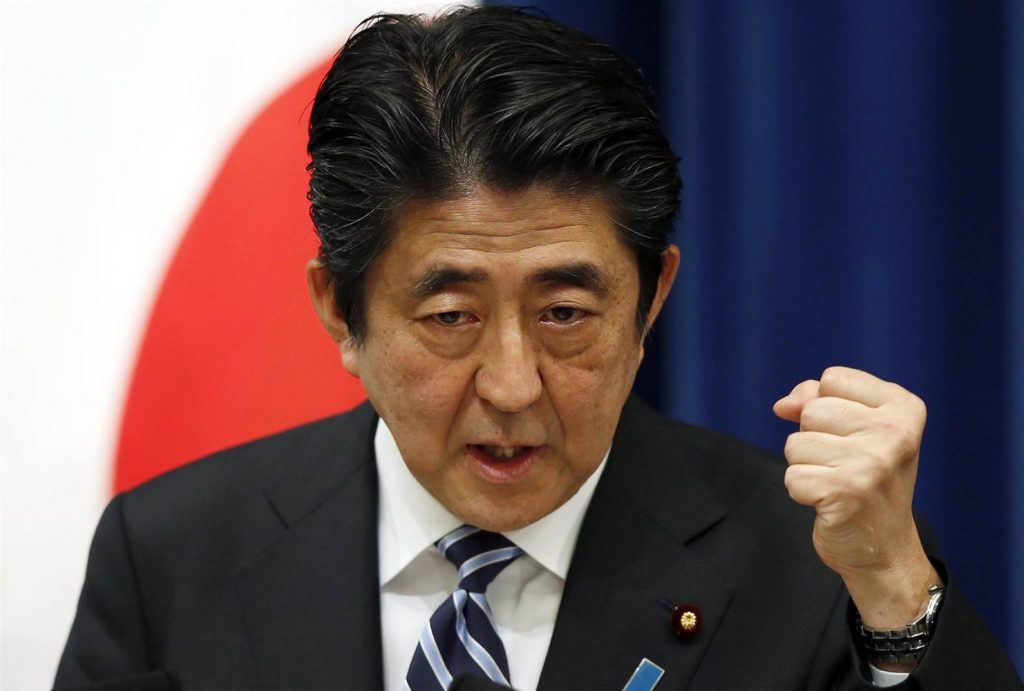Japan IR Casino Plans Ice Out Rural Areas, Angering Smaller Municipalities
Posted on: May 22, 2017, 10:39h.
Last updated on: May 22, 2017, 01:34h.
The Japan integrated resort (IR) casino bidding process is likely to focus on its three biggest cities, coming at the expense of smaller rural towns. And that reality has some municipal governments up in arms, claiming they’re being shut out of what was supposed to be economic manna for the entire Asian island nation.

Japan passed its long-awaited integrated resorts bill last December, paving the way for the first casinos in the country. Lawmakers are currently engaged in the process of drawing up a framework of regulation, which includes deciding how many licenses to create, as well as which cities might be in the running.
Currently, Tokyo, Osaka, and Yokohama are the front-runners. Not surprisingly, these three have reportedly garnered the greatest amount of interest from international operators, and it is the latter who will ultimately be bidding for licenses, after first agreeing to partner with a host city.
But with lawmakers charged with developing the licensing framework standing firm that there should be no more than three licenses awarded, the rest of the country is left with little hope of ever benefitting from move into gambling for Japan.
Left Out in the Cold
If casinos were supposed to be about economic regeneration and part of Prime Minster Shinzo Abe’s grand plan, why are rural areas, which may be most in need of economic infusion, being frozen out? Smaller town officials have been demanding answers to these questions, although the answers are, of course, fairly obvious.
“The [new] guidelines have changed the power structure between operators and local governments,” Yoshinobu Nisaka, governor of Wakayama prefecture in western Japan, told the Japan Gaming Congress on May 11. “Where did the view that this was for local revitalization go?”
But casino operators are looking for destinations that make the most business sense. And that means a major city with good connections to a nearby international airport is paramount, as is an area with a large population and plenty of additional tourism-friendly options to promote, because nobody can gamble all the time. Those would include high-end shopping and fine dining, options less likely to exist outside of major metropolises.
“MGM’s business model is to build large-scale destination resorts with lots of stuff that cost a lot of money,” Ed Bowers, executive vice president of global development for MGM Resorts International, told Bloomberg this week. “So it needs to be in a high-density population area, and obviously the ones to be mentioned are Tokyo, Osaka, and Yokohama. So we’re focused on those three.”
Cities Still Need Convincing
However, there’s still no guarantee that the three cities will agree to partner with any international developer at all. Osaka is perhaps the most enthusiastic of the three. There’s even been talk of the establishment of an “Osaka Strip” on Yumeshima island, a former landfill site, but the necessary investment in infrastructure would run into hundreds of millions of dollars and no one is entirely sure who would be picking up the bill.
Meanwhile, public support for the casinos remains low, with fewer than 25 percent of those queried expressing approval in a recent nationwide survey.
No comments yet